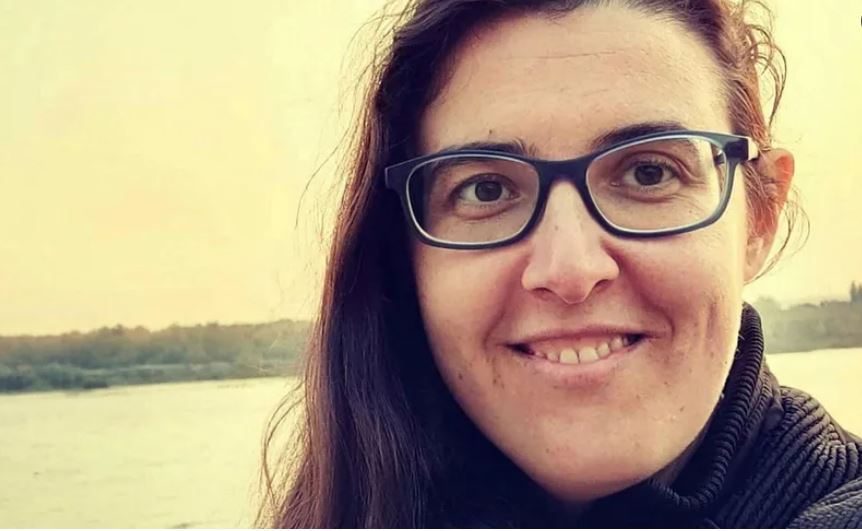ARTICLE AD BOX
Israeli leaders hope that Trump will revisit the issue of sovereignty in Judea and Samaria, aligning with his previous peace plans’ provisions for annexing Area C of Judea and Samaria.
By Anna Epshtein, TPS
Anticipating support from the incoming US administration of President-elect Donald Trump, leaders of Jewish communities in Judea and Samaria are laying the groundwork for the possible extension of Israeli sovereignty to parts of the territory.
Briefing reporters on Wednesday, Israel Ganz, head of the Yesha Council, suggested that after achieving normalization with other Arab countries, discussions on sovereignty in Judea and Samaria could resume.
The Yesha Council is an umbrella organization for all the communities in Judea and Samaria, representing the interests of around 500,000 Israelis.
“We anticipate more countries joining the normalization process with Israel,” Ganz said, without naming specific states. Israel and Saudi Arabia were moving closer to normalization before the diplomacy was disrupted by Hamas’s October 7 attack.
Ganz expressed hope that Trump would revisit the issue of sovereignty in Judea and Samaria, aligning with his previous peace plans’ provisions for annexing Area C of Judea and Samaria.
The Oslo Accords divided Judea and Samaria into Areas A, B, and C.
In Area A, the Palestinian Authority maintains administrative and security responsibility. In Area B, the Palestinian Authority has administrative jurisdiction, but Israel maintains responsibility for security.
In Area C, where all of Judea and Samaria’s Jews live, Israel has administrative and security jurisdiction.
Area C makes up 60 percent of the territory of Judea and Samaria.
Ganz said he prefers the term “sovereignty” over “annexation,” clarifying, “Annexation focuses on land ownership, while sovereignty is about responsibility.”
The Yesha Council has begun preparatory work which Ganz described as mostly conceptual.
“We’re brainstorming, not drawing maps,” Ganz explained. “Our focus is on technical readiness, such as water and electricity infrastructure, should a political decision be made.”
Ganz predicted a potential timeline for action, suggesting that sovereignty measures could take place within 18 months. “We have elections in Israel in two years and U.S. midterms approaching. This creates a window of opportunity to find a solution,” he said.
Regarding the status of Palestinians living in Area C, Ganz said he supported giving them full Israeli citizenship. The number of Palestinians living in Areas C is not clear, but estimates range from 80,000-300,000.
As for the status of an estimated more than 2 million Palestinians living in Areas A and B, Ganz proposed a model similar to the status of Palestinians living in eastern Jerusalem.
Palestinians living in Jerusalem with temporary residence permits are entitled to vote in municipal elections and receive social benefits, but cannot vote in national elections or hold a mayoral office.
Explaining his optimism, Ganz remarked, “The last US administration was the worst, as for me, because they didn’t want to hear what we say. They never came here, although we tried hard to invite them. How can you come up with any solution when you only hear one side? I hope that the new administration will give us as a democratic state a chance to say what we want.”

 2 months ago
82
2 months ago
82









 English (US) ·
English (US) ·